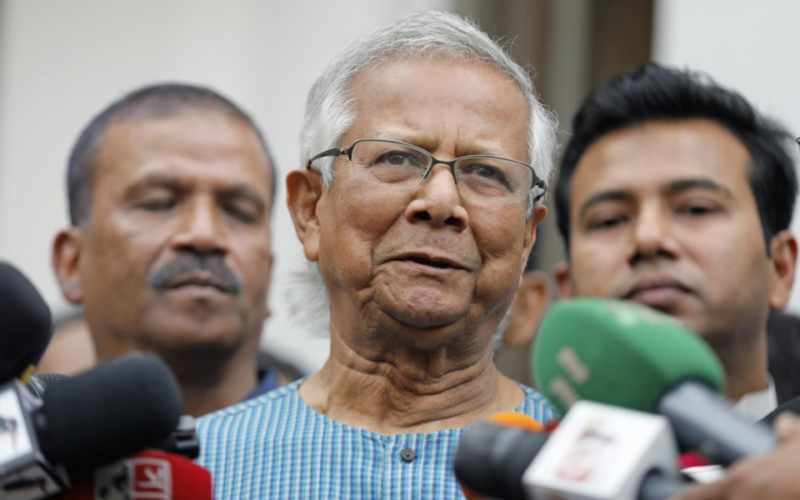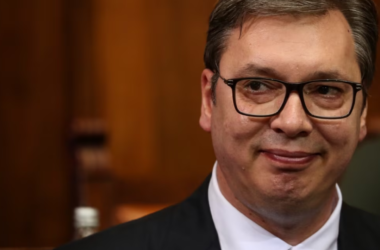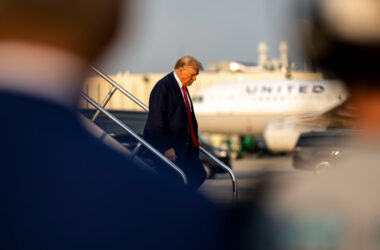Bangladesh’s Nobel Prize-winning microfinance pioneer, Muhammad Yunus, has been appointed to head an interim government after mass protests forced longtime Prime Minister Sheikh Hasina to flee the country. The announcement, made by the presidency on Wednesday, marks a dramatic shift in the nation’s political landscape.
The decision to appoint Yunus, 84, came swiftly after student leaders and activists called on the esteemed economist to step in during a meeting with President Mohammed Shahabuddin, along with the heads of the army, navy, and air force. The presidency’s statement emphasized the urgency of forming an interim government to navigate the ongoing crisis.
“(They) decided to form an interim government with Professor Dr. Muhammad Yunus as its chief,” President Shahabuddin’s office declared. The statement further urged citizens to support this transitional administration in restoring stability.
Yunus, who is currently in Europe, confirmed his willingness to take on the role, stating, “If action is needed in Bangladesh, for my country and for the courage of my people, then I will take it.” He has expressed his intent to oversee a free and fair election within the coming months and has called for a new generation of leaders to emerge.
The appointment of Yunus follows the dramatic resignation of Sheikh Hasina, 76, who had been in power since 2009. Her departure on Monday came after weeks of escalating unrest, initially sparked by protests against government job quotas but which quickly evolved into a broader anti-Hasina movement. The protests were met with a violent crackdown by security forces, resulting in hundreds of deaths. However, the military ultimately withdrew its support for Hasina, leading to her flight to neighboring India.
The military has since acceded to several demands from the student-led protests, including the dissolution of parliament and the removal of key figures associated with Hasina’s government. Ex-prime minister and opposition leader Khaleda Zia was also released from house arrest, signaling a potential shift in the country’s political power dynamics.
Despite the turbulent events, the situation in Dhaka has begun to stabilize, with businesses reopening and life gradually returning to normal. However, the scars of the conflict remain, with reports of revenge attacks against Hasina’s allies and fears of continued unrest.
As Yunus prepares to take the helm, the international community, including neighboring India and China, has called for calm and expressed concern over the recent violence. Yunus’s leadership in this critical period will be pivotal in shaping the future of Bangladesh.








